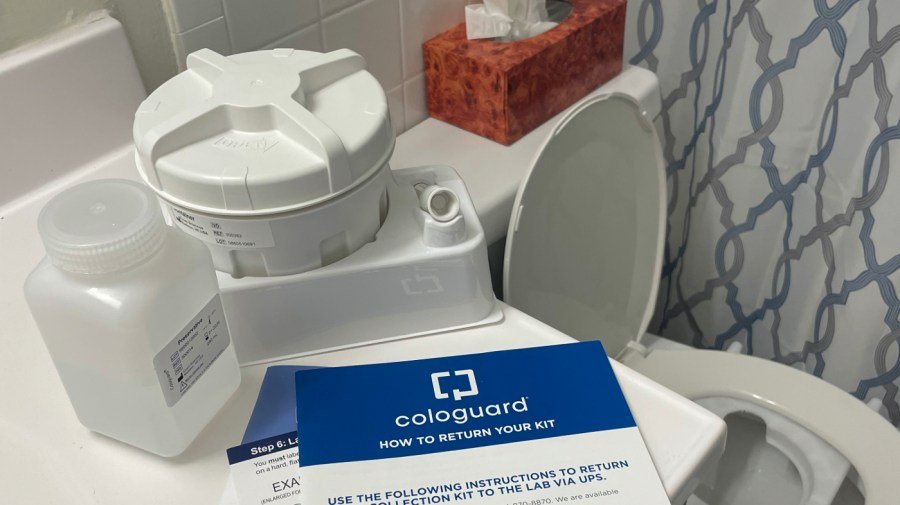
As a gastroenterologist, the most meaningful part of my job is preventing colorectal cancer by ensuring patients receive the right screening at the right time. But recently, I have been hearing from my patients about a concerning trend: Insurance companies are sending people unsolicited colorectal cancer screening kits directly by mail — tests that weren’t recommended or ordered by their primary care physician or gastroenterologist.
One of my patients, Jeff Smith, a 68-year-old from South St. Paul, Minn., received an unsolicited Cologuard test earlier this year. A letter included with the kit claimed a provider had recommended it and that it was fully covered by his insurance.
Here’s the kicker: Smith had his colon removed years ago.
Assuming the provider mentioned was his primary care physician, Smith trusted the process and took the test, and it came back positive.
His primary care physician was stunned. He hadn’t ordered the test, and he knew Smith wasn’t a candidate for it. After weeks of anxiety, arranging rides to multiple appointments, and a follow-up endoscopic procedure, Smith learned it was a false positive, likely caused by bleeding from skin irritation near his stoma.
Smith is not alone. This is happening to patients across the country, with several major insurance companies partnering with Exact Sciences to send kits to patients. I’ve heard from colleagues in many states that they have patients who received a kit despite being inappropriate candidates for stool-based testing.
The unsolicited screening tests are often accompanied by letters claiming that a provider recommended the test and that it’s fully covered by insurance. For patients, especially older adults, this can be incredibly confusing. It also undermines the doctor-patient relationship, which is built on trust.
We all want to close gaps in screening to prevent cancer or find it as early as possible. But colorectal cancer screening works best when tailored to each patient, based on age, risk factors, family history and past results. Blanket-mailing of screening tests to inappropriate patients isn’t the way to close care-gaps.
This trend appears to be growing alongside messages that elevate stool-based tests above colonoscopy and other screening options.
On a recent earnings call, Exact Sciences promoted a strategy with “Cologuard First, Colonoscopy as Needed” at its foundation. This directly contradicts the guidelines of every major gastroenterology society, as well as the U.S. Preventive Services Task Force and the U.S. Multi-Society Task Force on Colorectal Cancer.
The consensus recommendation from those groups is colonoscopy as the first-line screening for average and high-risk patients, with fecal immunochemical tests (stool-DNA tests) as options only if colonoscopy is declined.
Colonoscopy remains the gold standard because it is the only screening test that can both detect and prevent colorectal cancer. It allows us to remove precancerous polyps, and studies have shown screening colonoscopy reduces cancer rates by up to 89 percent.
For high-risk patients with a family history of colorectal cancer, prior polyps or inflammatory bowel disease, like many of my patients, colonoscopy is the only appropriate choice.
Stool-based screening has a role to play in closing screening gaps, but patients deserve a conversation with their provider that outlines the benefits and limits of the available options.
Cologuard, for example, misses more than 7 percent of colorectal cancers, which is one out of every 13 patients. This is significant considering more than 19 million patients have used the test.
Cologuard also has a high false positive rate. About 1 in 6 patients will test positive, and nearly half of them will have no polyps during follow-up colonoscopy. For many patients, like Smith, these false positives can result in needless anxiety and sleepless nights.
Insurers should stop mailing colorectal cancer screening kits without the involvement of the patients’ physicians. Doctors who do this work every day should be trusted to help our patients make decisions. We can save lives, not by removing us from the equation, but by keeping patients and physicians at the center of care.
Dr. Naresh Gunaratnam is a practicing gastroenterologist at MNGI Digestive Health in Minneapolis, and president & board chair of the Digestive Health Physicians Association.






